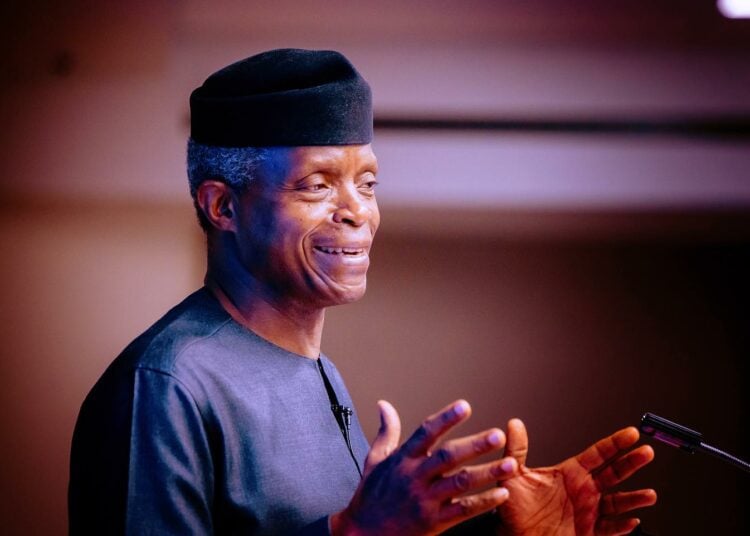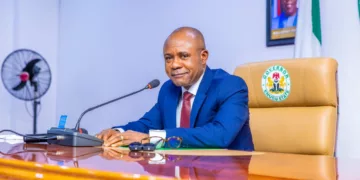Former Vice President Yemi Osinbajo has faulted the Nigerian Supreme Court for what he described as inconsistency and excessive reliance on technicalities at the expense of substantive justice.
Osinbajo, a Professor of Law, made the observation in Ilorin, Kwara State capital, during the second Prof. Yusuf Ali Annual Lecture organised by the Kwara State University (KWASU), Malete, on Thursday.
He said Nigeria’s justice system must undergo a fundamental restructuring to align with the needs of the people rather than glorifying ‘procedural formalities’.
“The essence of any justice system is to serve the people, not to glorify procedural formalities,” Osinbajo stated.
“Many judicial decisions, including those of the Supreme Court, often lean towards form rather than substance. Even English courts, whose practices we inherited, have evolved beyond such rigid technicalities by allowing amendments at any stage to ensure justice is done.”
The former Vice President lamented that Nigeria’s continued attachment to outdated legal doctrines undermines the delivery of justice and erodes public trust in the judiciary.
“Though the Supreme Court has occasionally adopted a more flexible approach, particularly in electoral matters, inconsistency remains a major concern,” he added.
“A justice system that glorifies form over substance risks losing its relevance and effectiveness.”
Osinbajo called on legal practitioners, academics, and policymakers to embrace “critical, decolonised thinking” in reforming legal education, practice, and the overall administration of justice in Nigeria.
Also, delivering the keynote lecture titled “Towards Decolonising Legal Briefs: Effective Implementation of the Local Content Law for the Benefit of Nigerian Lawyers”, legal scholar and human rights advocate, Prof. Chidi Odinkalu (SAN), echoed similar sentiments.
Odinkalu argued that Nigeria’s legal system remains tethered to its colonial past and must be reimagined to reflect the country’s realities and aspirations.
“Nigeria may have achieved political independence, but we lack occupational and ideational independence,” Odinkalu said.
“Our justice system is still hooked to the rest of the world. We need to dismantle the colonial legacies embedded in our laws and institutions to build a credible and independent judiciary.”
KWASU Vice Chancellor, Prof. Jimoh Shaykh-Luqman, in his remarks, lauded the progress of the university’s Faculty of Law, announcing that key infrastructural projects—including a departmental building, a 500-seat auditorium, and two 250-seat lecture theatres—would be completed by December.
Host of the lecture and Senior Advocate of Nigeria, Prof. Yusuf Ali, stressed the need for Nigeria to rediscover a unifying national identity.
“All nations must have a rallying point, but Nigeria currently lacks one,” he observed.
“The only time Nigerians truly unite is during international football matches, and even that togetherness fades quickly afterwards. We must confront our systemic failures instead of romanticising the past.”





